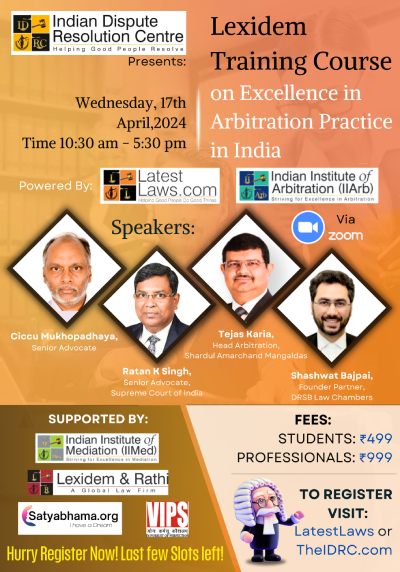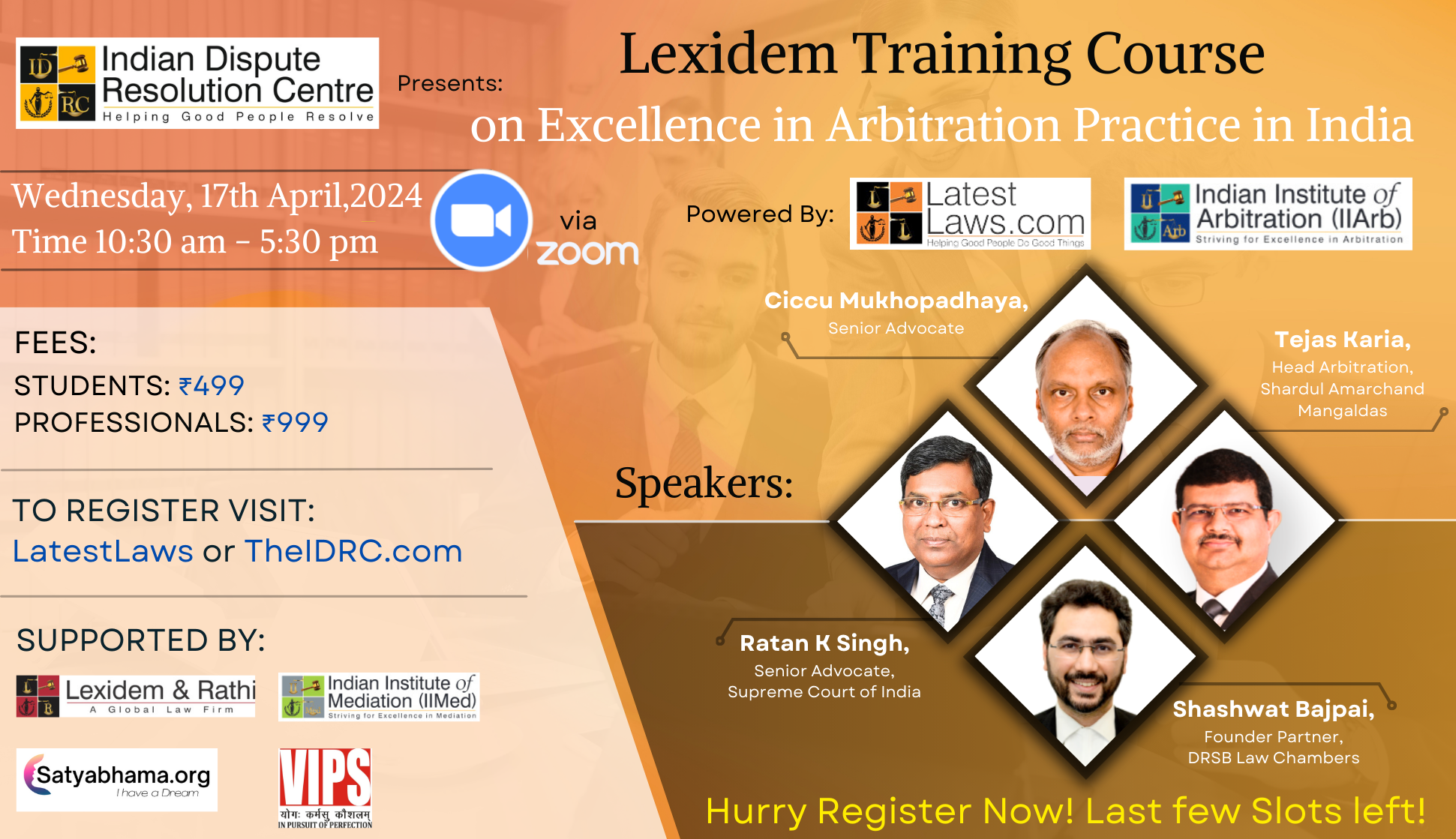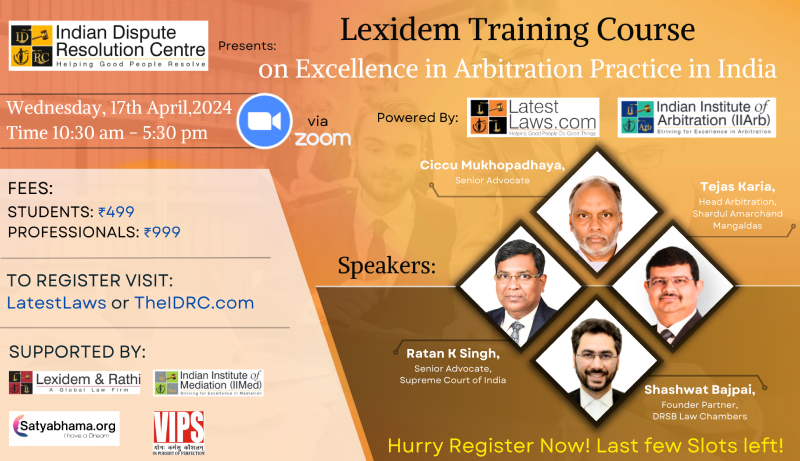July 4, 2018:
On Wednesday, Supreme Court's 5-judge Constitution Bench enunciated that Lieutenant Governor (L-G) cannot act as an obstructionist to policy decisions taken by the Delhi Government.
CJI Dipak Misra, has written the judgment for the Majority i.e Justice A K Sikri and Justice A M Khanwilkar expounded that, “L-G has no independent decision making power and cannot behave as an obstructionist when the constitution gives primacy to representative for of government and L-G and Aam Aadmi Party-led government must work in a harmonious manner.”
CJI Dipak Misra stated that, “Delhi Government must be given some degree of independence within the areas on which Constitution allows it to legislate and administer.”
Majority Verdict makes it clear that except for three issues, including law and order, Delhi Government has the power to legislate and govern on other subjects.
SC Bench added that,“Only in exceptional situations, the LG can refer the issue to President when he had legitimate and serious difference of opinion with the decision taken by council of ministers headed by Delhi Chief Minister,” while stating that LG should not act in a mechanical manner to refer all decisions of the council of ministers to the President citing difference of opinion.
Justice D Y Chandrachud in a separate but unanimous judgment added that, “LG must remember it is the elected government which is answerable to the people. Governance will come to a standstill if every decision is referred to the President.”
Justice Ashok Bhushan in his separate judgment expounded that LG cannot send every difference of opinion to President and said, “LG need to be only informed of Delhi government decision. No need of his concurrence.”
This Apex Court's verdict has made it clear that Delhi enjoys a unique position under Constitution and neither LG nor the Chief Minister heading the council of ministers should consider themselves bigger than the other.
Apex Court's Constitution Bench has now referred individual petitions related to the disputes that arose between Centre and Delhi government to a regular bench, which shall take a decision on the basis of the present judgement.
Judgment lays down for the first time clear guidelines for LG's conduct and delineates the powers of two branches of the executive in Delhi, which does not have the status of a full state yet elects its own MLAs and government.
Supreme Court stated that except for three issues public order, police and land the Delhi government has the power to legislate and govern on other issues.
Source Indian Express
Picture Source :




























